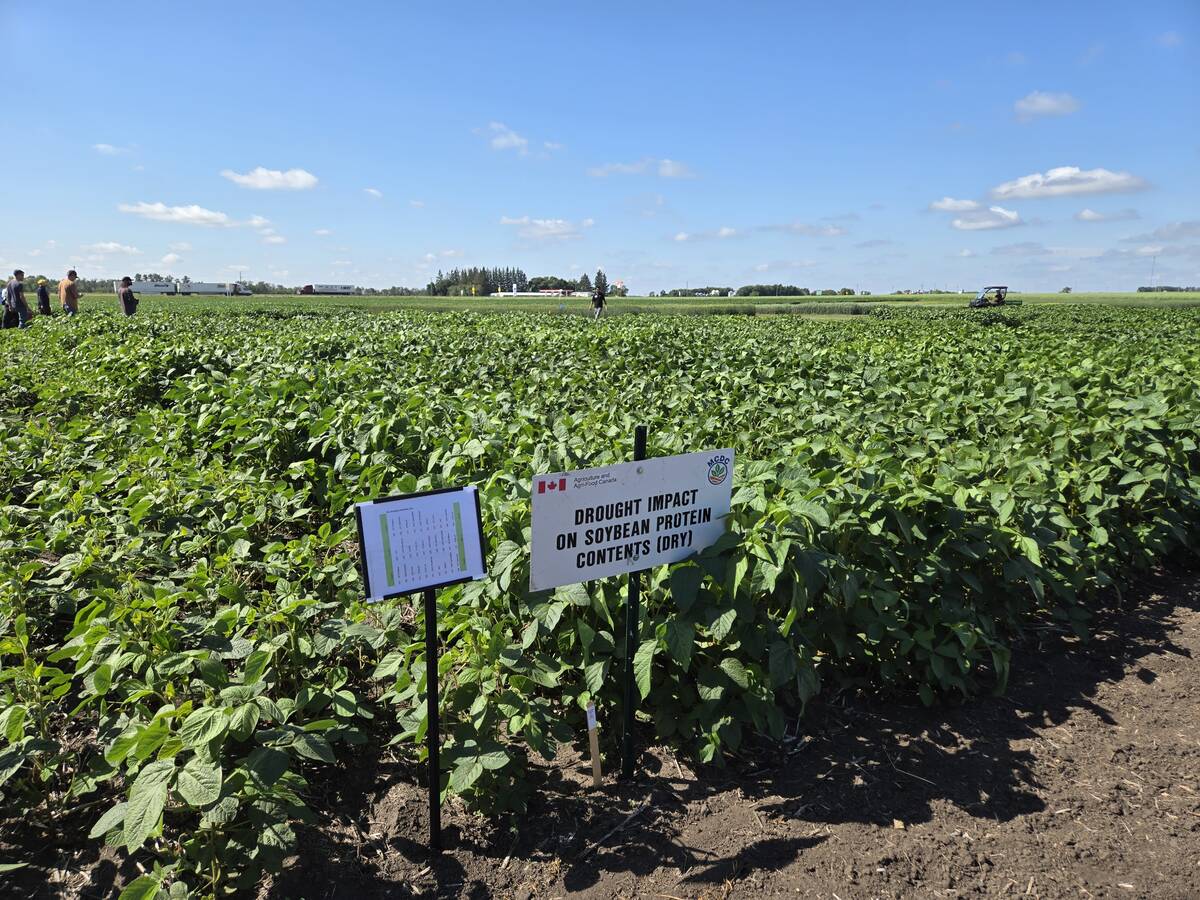Saskatchewan organic growers have exhausted all legal avenues in their attempt to launch a class action lawsuit against the developers of genetically modified canola.
On Dec. 13, the Supreme Court of Canada issued a one-sentence decision stating that it would not entertain an appeal by Larry Hoffman and Dale Beaudoin in their case against Monsanto Canada Inc. and Bayer CropScience Inc.
The farmers were hoping the top court would overturn two lower court decisions denying them certification status in what they claimed would have been a $14 million class action suit involving 950 Saskatchewan organic farmers.
Read Also

Carberry field day looks for agriculture solutions
Manitoba farmers explored research solutions for resilient crops, perpetual agronomic issues and new kinds of agricultural products at a field day at the Manitoba Crop Diversification Centre in Carberry on Aug. 6.
“It’s a major blow, there’s no question about it,” said Arnold Taylor, chair of the Saskatchewan Organic Directorate’s organic agriculture protection fund committee, the group funding the legal action.
He doesn’t know the next step, but it could entail launching a series of individual lawsuits against the seed technology companies.
The drawback with that route is that the growers could be on the hook for Monsanto’s and Bayer’s legal costs if they lose.
“We’re definitely not folding our committee,” said Taylor.
Trish Jordan, spokesperson for Monsanto Canada, said her company is satisfied with the Supreme Court’s decision to deny the growers leave to appeal.
“We have always maintained that the claims made by this group lacked merit and that they failed to meet any of the required criteria for certification. It is gratifying to see the Supreme Court of Canada support the strongly worded decisions of the lower courts,” she said.
Derrick Rozdeba, spokesperson for Bayer, was equally satisfied.
“We’re pleased that the Supreme Court of Canada echoed the previous decisions taken,” he said.
In the initial decision delivered May 11, 2005, the Saskatoon Court of Queen’s Bench ruled the action failed to meet any of the five criteria required for certification.
The Saskatchewan Court of Appeal upheld that ruling May 2, 2007.
Taylor said the case has been worthwhile, despite devoting six years and exceeding SOD’s $450,000 budget.
“We felt that we made a big difference. We don’t have GM wheat to contend with,” he said.
SOD had originally sought a court injunction against the commercial release of Monsanto’s Roundup Ready wheat but withdrew that part of the action when the company voluntarily shelved its GM wheat project.
Taylor said there have been no new GM crops released since the action was launched back in January 2002.
But he is disappointed the courts seem unwilling to address the liability issue for existing GM crops.
Jordan said SOD is taking undue credit for its actions. Monsanto’s decision to suspend its work on GM wheat was based on a lack of support from the wheat industry for the technology.















